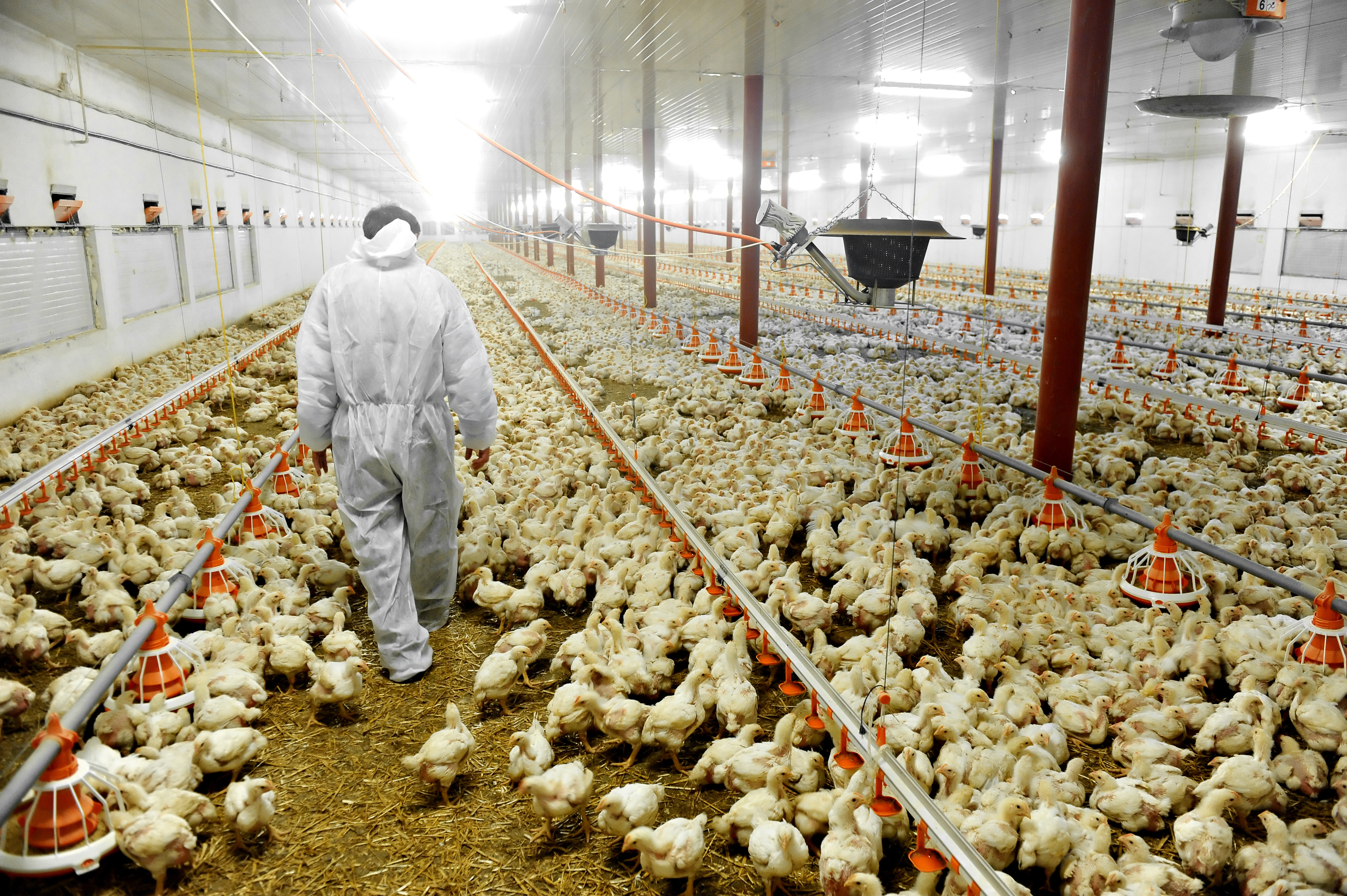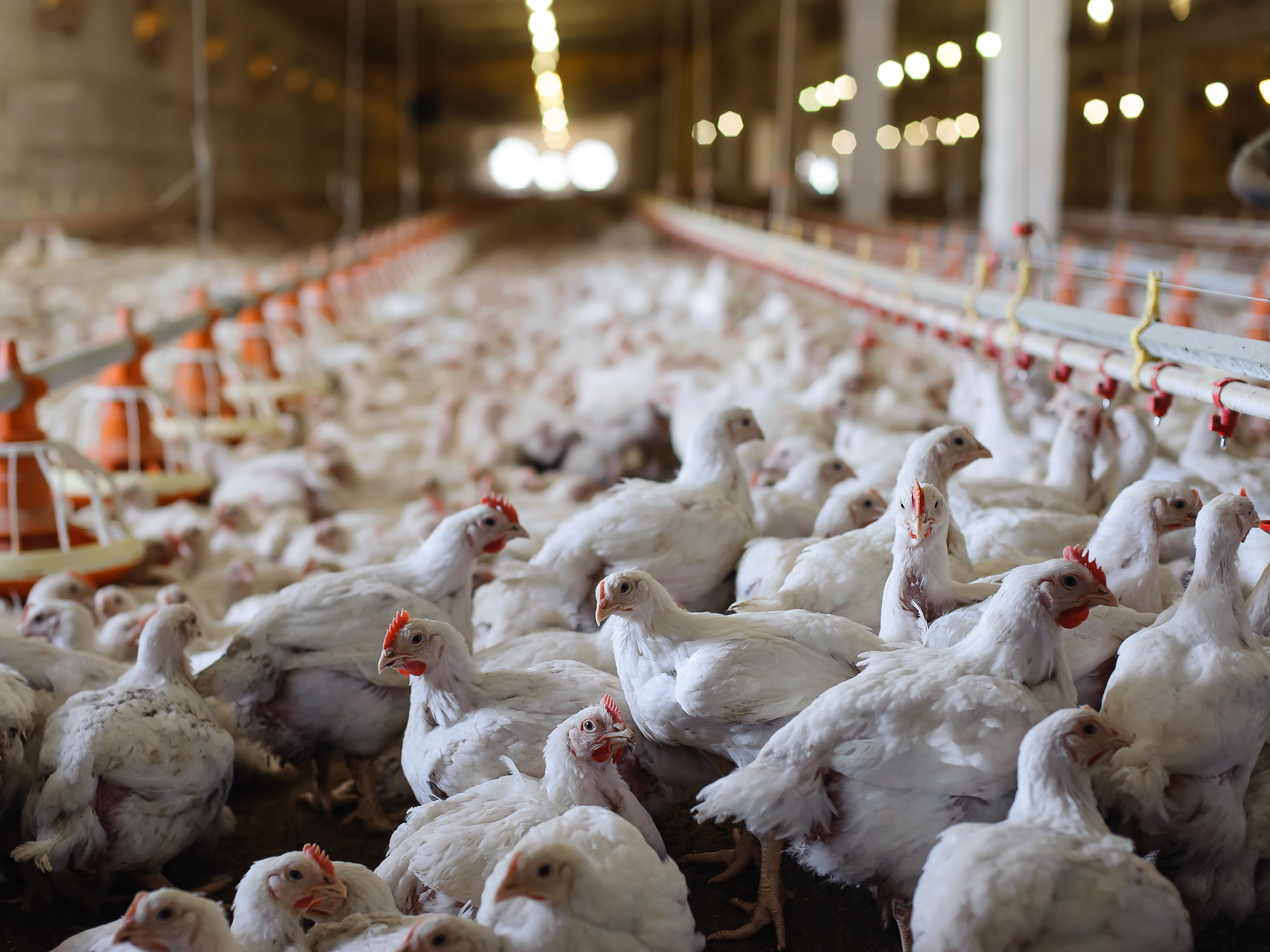



UK charity's legal challenge hopes to prevent use of fast-growing poultry breeds
The Humane League UK has filed a judicial review against Defra, saying that the policy allowing poultry farmers to use fast-growing breeds violates animal welfare standardsAnimal protection charity The Humane League UK has filed a Judicial Review against Defra’s allowance of the widespread use of fast-growing breeds of chicken, contrary to legislation that bans the keeping of animals if their breeding causes "detriment to their health and welfare".

The Humane League UK argues that the standard industry use of breeds of chicken who grow unnaturally large, unnaturally fast is unlawful, and challenges Defra’s current position allowing the use of these extreme breeds.
Pru Elliott, Senior Campaigner at The Humane League UK, said: ”There’s an assumption that because intensively breeding chickens to grow unnaturally fast is standard practice, it is therefore legal. But looking at the legislation it’s crystal clear that the law is being flouted in standard chicken production.”
The case asks the court to determine that Defra’s policy to permit the current standard of farming fast-growing chickens in the country is in breach of the Welfare of Farmed Animals (England) Regulations 2007. The rule states:
Animals may only be kept for farming purposes if it can reasonably be expected, on the basis of their genotype or phenotype, that they can be kept without any detrimental effect on their health or welfare.
Elliott continued: “We believe Defra has an unlawful policy in permitting the use of these breeds and should instead be stipulating that they cannot be used. We also believe they have an unlawful monitoring system in place that fails to detect the scale of welfare issues associated with fast growing chickens.”

The challenge comes after the RSPCA published a scientific report in 2020 comparing the welfare of three different breeds of fast growing chicken. It showed that the fast growing breeds have poorer health and welfare than a slower growing breed. Three further scientific studies by the University of Bristol, the University of Guelph, and the Royal Veterinary College all support these findings.
The case also challenges the "trigger system," Defra’s monitoring system aimed at detecting welfare issues associated with commercial broilers. The trigger system requires vets at abattoirs to report welfare issues, but only if they occur above a given threshold as set out in Defra’s Code of Practice. The Humane League UK believes the threshold set by Defra is too high.









